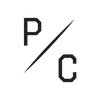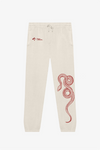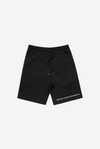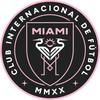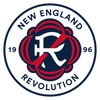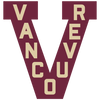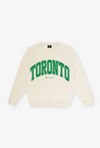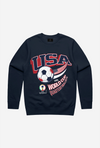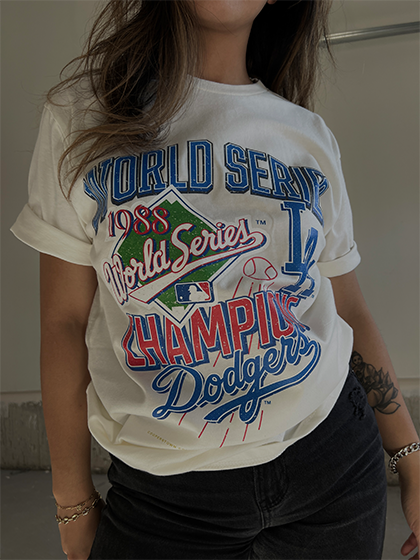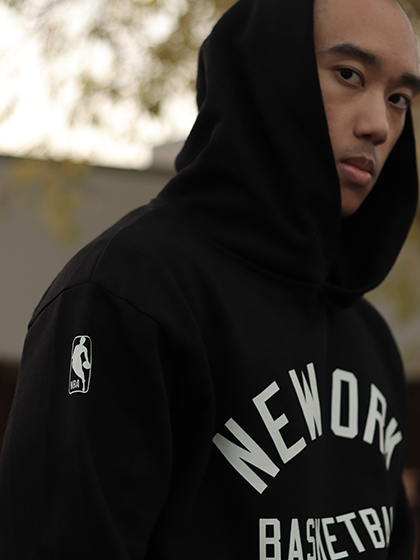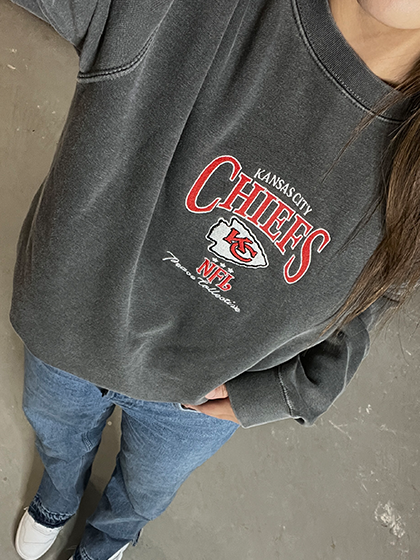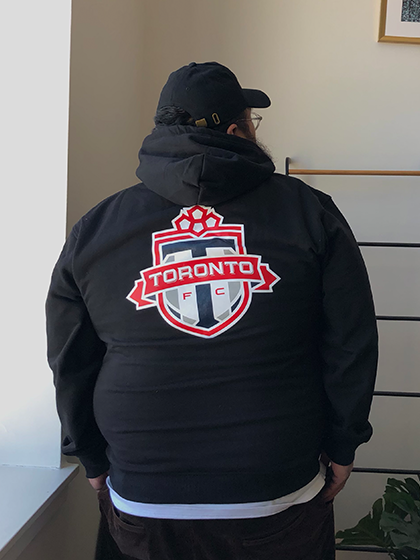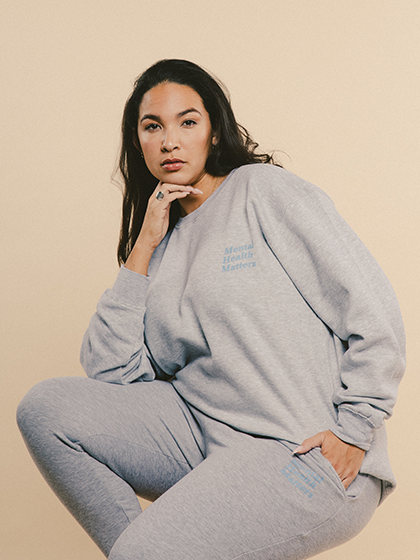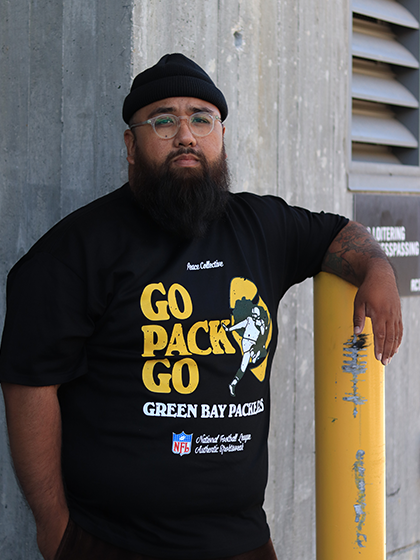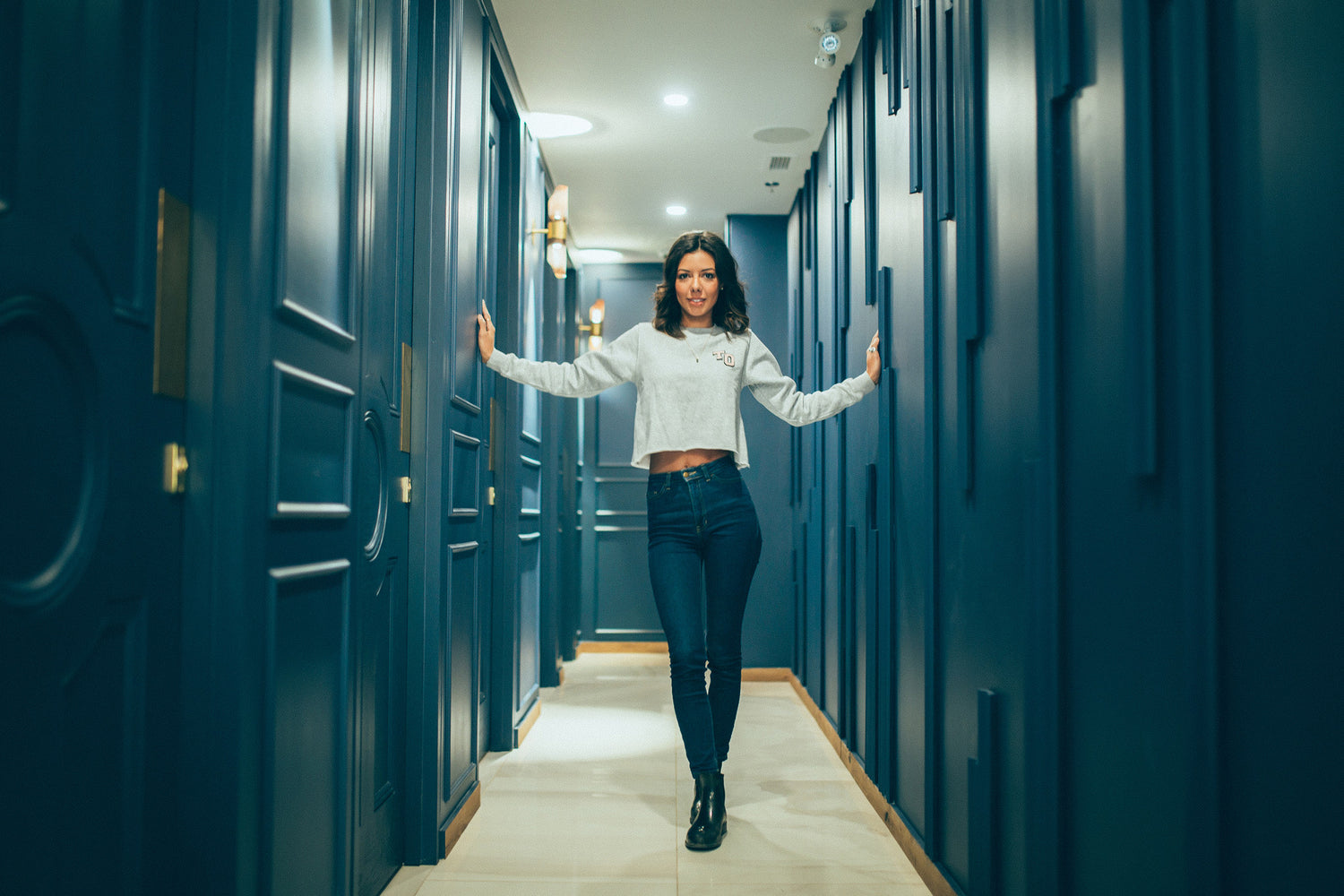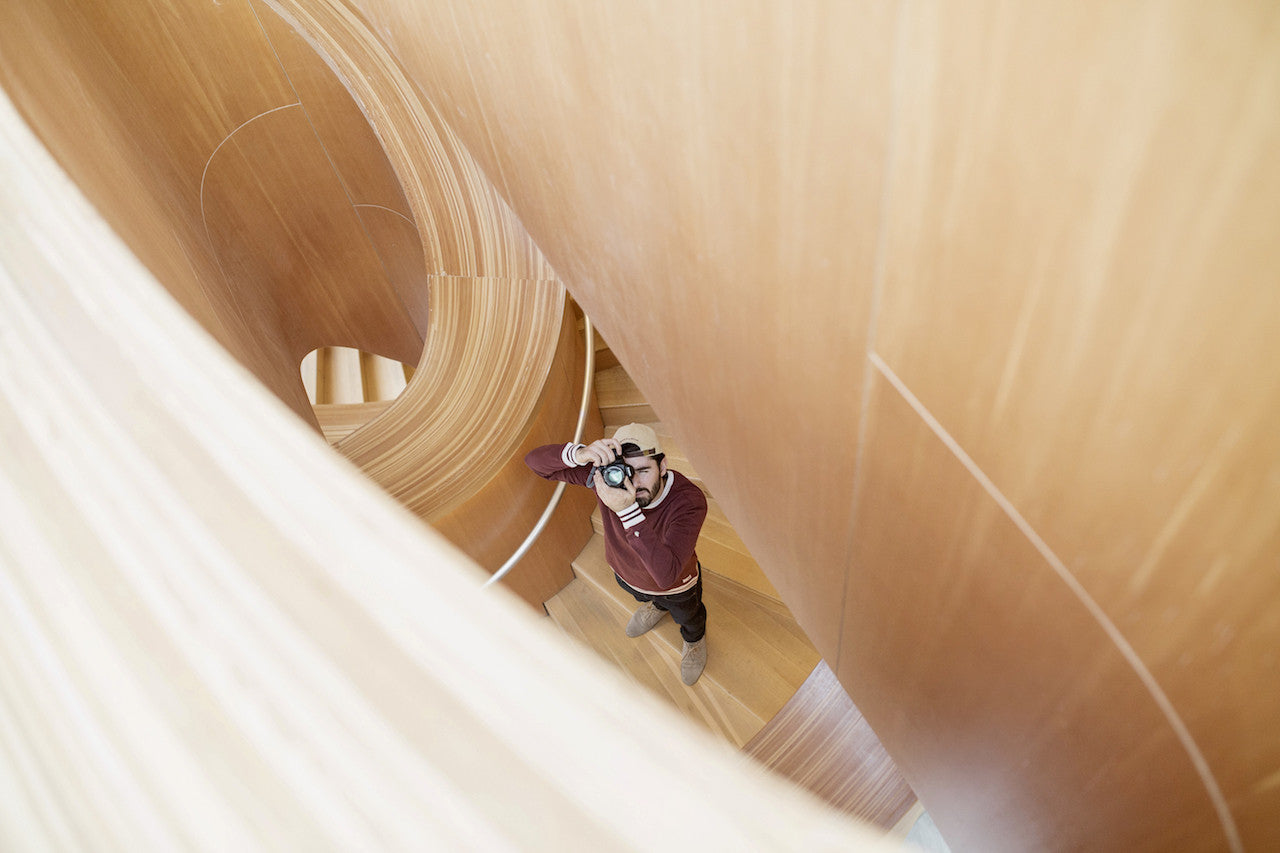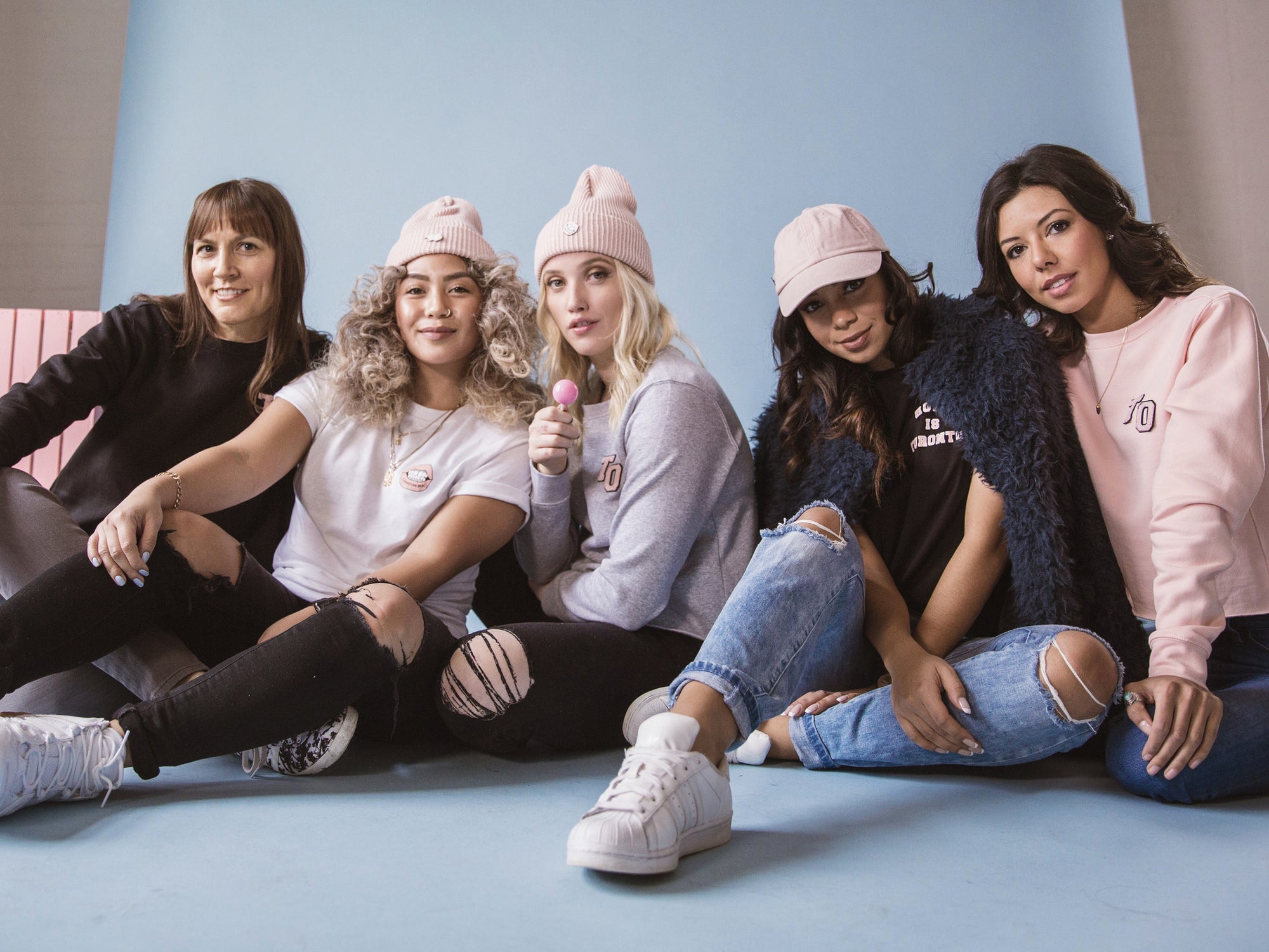Each month there is a ritual that every woman has to do, the unavoidable trip to the drugstore. Women’s needs are often cast aside and spoken about in a hushed tone, not something to be openly spoken about in public. Alyssa is here to change that; she believes that there should be no shame surrounding the task or the overall topic. She’s the founder of easy, a feminine hygiene product delivery service, which does just that, makes your life easier. She wants to do more than just crossing another thing off of your to-do list but also start an important conversation among women. Taking a break from her Girl Boss life we sat down for a coffee to chat business, menstruation and self-worth.

How did you come up with the idea?
I’ve sat with the idea for awhile, I thought buying tampons was embarrassing or awkward and I remember sitting on my dads couch crampy and tired, just wishing someone delivered tampons and he would always say 'stop complaining and just go do it'. If you don’t do it somebody else will. I would be out partying and somehow my conversations with people would always end up with me talking about my idea. I guess because I was passionate about it I would always end up talking about it but I never did anything about it.
When did you decide it was something you wanted to seriously pursue?
I had a really secure job at the hospital, making good money and it wasn’t until 2015 when my mom got really sick, she’s doing really well now but that experience was really scary and after that I had new eyes about things. Life is so short, what am I doing, am I happy? My thinking was that I wanted to add more value for people and I thought I could somehow use this idea to be in touch with people and create value for people. So that’s what pushed me to do it.
Why was it important for you to incorporate a charitable aspect into the business and how did you choose the charity?
It was important to me because when I started doing research to launch the company I was shocked by a lot of things I was learning. First being the toxic nature of the tampons I was using, the same ones that my mom used. I’m kind of a geek from my healthcare research background so I really went deep into the literature. I was looking at all these journals and there’s a lot of controversy around using synthetic fibres because its cheaper than having 100% organic cotton but also more harmful. I started to learn about the fact that 80% of girls in East Africa have no access to tampons or pads. So they are literally making do with whatever they can find, there is also such a lack in education.
How did you decide ZanaAfrica Foundation was the right choice?
I looked into a few Foundations that did that kind of work and really liked the ZanaAfrica Foundation. We did a Skype call and I learned that they work with 21 community agencies in Kenya so they are employing the Kenyan people, they've created their own pad and packaging and working collaboratively with the girls there which is really cool and different. They also hold education workshops with the girls, which I think is so important, the learning along with the products.

Lets jump into your No Shame campaign, tell us about that.
I wrote a script for a promotional video I wanted to do and Yazmin who did our logo introduced me to a copywriter friend of hers. He took a look and asked if he could pitch it to Cossette, then they invited me in for a meeting. I pitched the idea to them and they offered to work on the creative free of charge. It was so cool to have such a big agency to invite me in and back the idea. So I paid to produce the posters and then we worked collaboratively to create the idea. They were in 100 bathroom stalls (both mens and womens) throughout the city. Now we are talking about our next campaign.
What kind of feedback did you get from the campaign?
People love to talk especially about something so seemingly controversial. That was kind of the point, to get this conversation started and shock people or make them potentially uncomfortable and make them question why they’re uncomfortable with that.
Where do you hope to see the conversation go moving forward?
The point for me is to get people talking about it, with any subject that’s taboo the less you talk about it the less change that can happen. For example with this topic some advances have happened where the tax is removed so its not considered a luxury item that’s taxed, so if Viagra isn’t taxed tampons shouldn’t be either. The point is to get the conversation going so that change can happen. Changing the way people think of it as a luxury item to knowing its something everybody needs. It’s in everybody’s benefit if we just pay attention and treat it as such.
Can you tell us a little more about the events you host?
I called the last event ‘A Women’s Worth’ and it was all about finding your worth internally. I think our society is so set up where you feel like you have to search outwardly in clothes or guys or getting the job or whatever it is. The whole goal was to kind of say you’re inherently worthy and until you realize that none of those things are really accessible to you. In my mind it’s a kind of vibration, once you can cultivate that within yourself it’s just a matter of time before those things start coming to you.
What's next for easy?
For me building a network of women was really important and opening a dialogue with them. One thing I want to continue to do is host our in person events, we did two last year, and they were so meaningful. When you have people in the same room there’s a certain energy you can feel and a conversation that can happen that otherwise wouldn’t happen. Using it as a platform to showcase inspiring women and really empower women. I want all of our messaging and content to make them feel good and every event they walk away from feeling good about themselves.

The idea was a simple solution to a monthly inconvenience but has grown into a movement that aims to impact women globally. This conversation somehow still remains a complex puzzle society refuses to put together, but Alyssa is here to keep putting the pieces together. She aims to normalize the topic altogether questioning people’s insecurities and discomfort surrounding the subject. Female rights are human rights, and women are taking control of both their bodies and futures.
